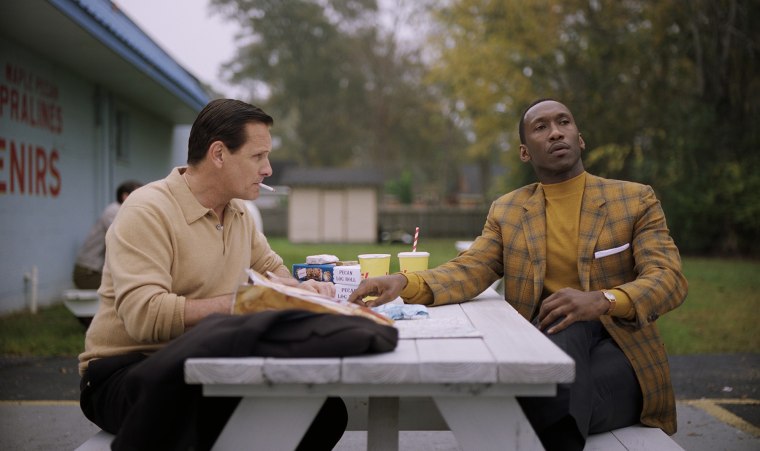A lot of the legal rationale for controlling the bodies of Black Americans comes from the loophole in the 13th Amendment - see highlighted section below:
Neither slavery nor involuntary servitude, except as a punishment for crime whereof the party shall have been duly convicted, shall exist within the United States, or any place subject to their jurisdiction.
Because of that loophole, Black Americans, predominantly Black men, have been subjected to countless offenses. The prison system in America, according to the film, has become an extension of slavery. We see this in the way prison labor is used to manufacture furniture, clothing (lingerie from Victoria's Secret), grow potatoes, fighting California wild fires, and other products of the modern American capitalist system. In fact, companies like Wal-Mart, Microsoft, Whole Foods, and others have employed prison laborers - see link for more companies.

Director Ava Duvernay, in an NPR interview, said that she was shooting for two audiences with the film: people who know what's going on and people who don't. She wanted the film to spark discussion about how Black Americans are being treated in this country and trace a line from slavery in the 19th Century to the incidents of police brutality in the 21st Century.
Some questions for you after watching the film:
1. Does the film prove its point that slavery hasn't been outlawed, just reformed? Why or why not?
2. What do you think can be done about the prison labor system? Should those firms that use prison labor be boycotted? Should awareness of this system be raised among the general American population? If so, how? If not, why not?
3. Should the 13th Amendment be amended to change the prison system? Why or why not?
4. Should laws like Stand Your Ground that are written by ALEC be allowed? Why or why not? To read more about Stand Your Ground laws, click here.
5. Are more body cams on police officers the best way to deal with police brutality? Why or why not?
6. Colorado voters recently passed Amendment A, a law that abolishes prison labor without pay. To read more, click here. Do you think this is something that should be done nationwide? Why or why not?
Answer 4 out of 6 questions. 400 words total. Due Thursday Feb. 7 by class.
To see artwork capturing the #lastwords said by those killed by the police, see this website, Shirin Barghi's work.

 The actors, Viggo Mortensen and Mahershala Ali feel that the movie has an understated power that just lets its characters interact in interesting and human ways.
The actors, Viggo Mortensen and Mahershala Ali feel that the movie has an understated power that just lets its characters interact in interesting and human ways.